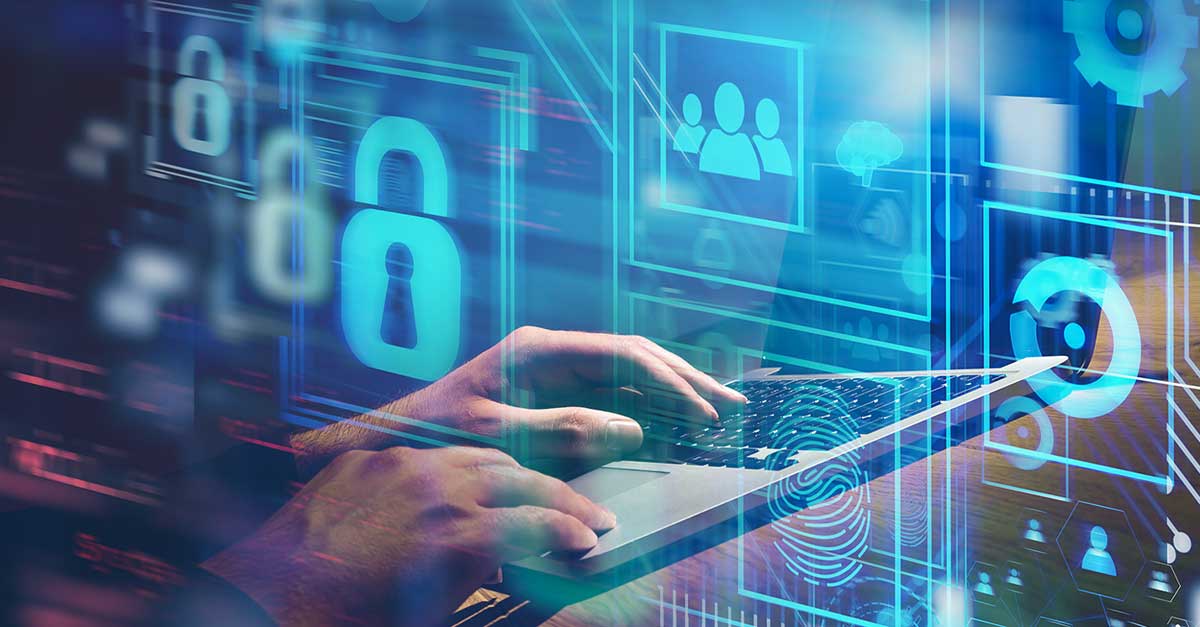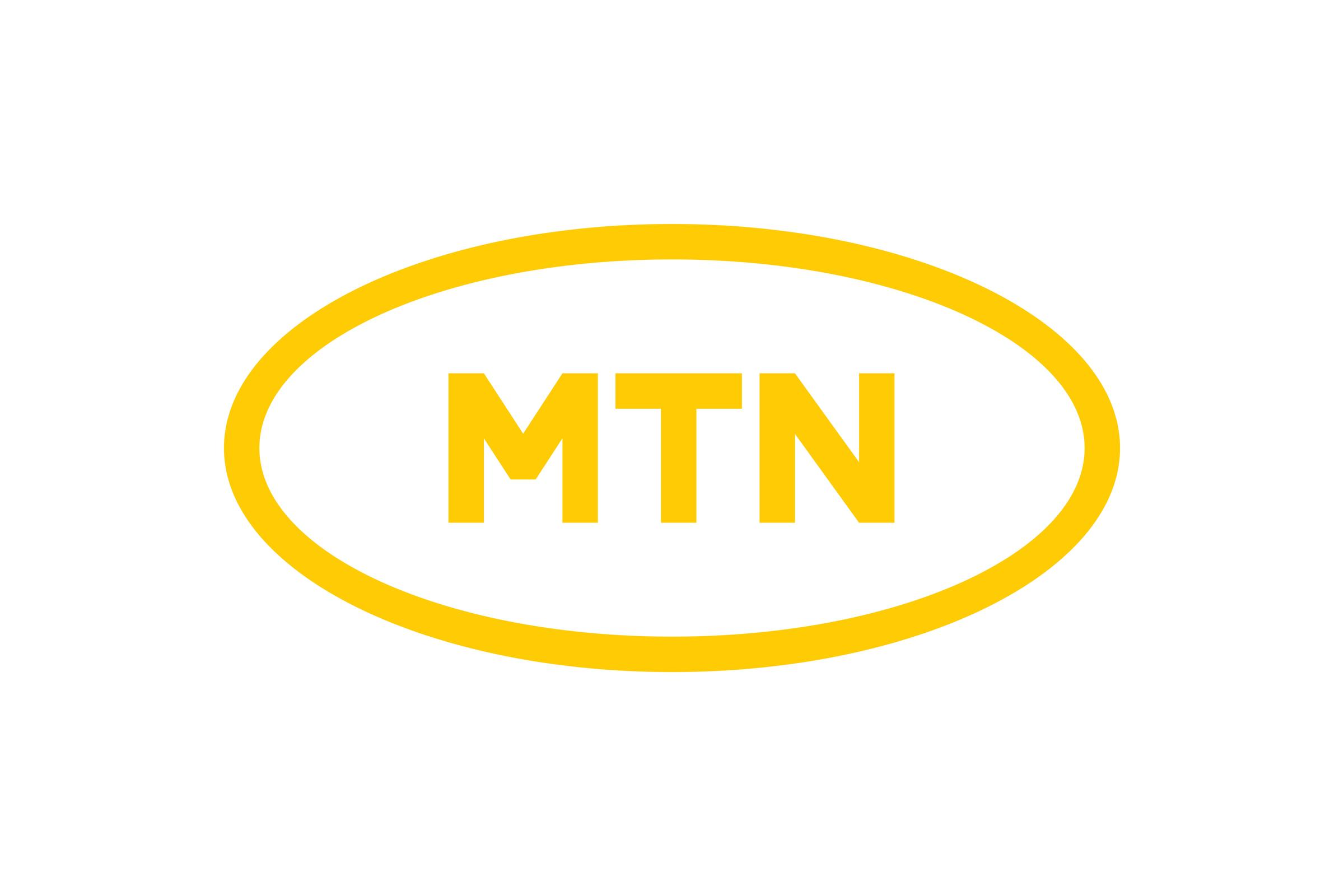-
Digital and Analytics
We have developed distinctive capabilities in digital advisory and data analytics that are key to the success of dynamic organisations.
-
Business Consulting
Our business consulting services help organisations improve operational performance and productivity throughout the growth life cycle.
-
Corporate Finance & Restructuring
We combine our insights and experience to provide a comprehensive range of advisory and corporate finance and restructuring solutions.
-
Internal Audit
Our internal audit service is designed to provide both assurance and consulting assistance on the adequacy and effectiveness of an organisation’s system of internal controls.
-
Business Risk Services
Our service is focused on enabling broader risk coverage and proactive management of risks for the achievement of organisational strategy.
-
Business Process Solutions
We work with a multitude of organizations to improve their finance function efficiency, reduce costs associated with business processes and provide a complete solution to the challenge faced by South African organizations.
-
Programme Assurance & Advisory
Our aim is to protect shareholder value by providing Assurance and Advisory services on change portfolios and large-scale programmes to assist organisations.
-
Forensic Services
Our forensic capability is integrated with our wider advisory services – not an add-on.
-
Cyber Advisory
Our Cyber Advisory service is designed to help you identify, protect, detect, respond and recover from cyber-attacks.
-
IT Advisory Services
We help clients to navigate the complexities and provide you with robust independent assurance that your IT risks, key management priorities and core systems are being appropriately managed.
-
SNG ARGEN
We have a dynamic actuarial team set to assist businesses to comply with the audit standards where actuarial services are required.
-
General Audit
We provide a sound statutory audit of financial statements specialising in both listed entities and state-owned organisations.
-
Financial Services Group (FSG)
The Financial Services Group (FSG) offers specialised audit and advisory solutions to the banking, treasury and financial services sectors.
-
Technical Excellence
We have a well-established specialized technical division, with in-depth, local and international knowledge and experience, which consists of three units namely; Accounting, Audit and Sustainability reporting.
-
Corporate Tax
We offer your business access to a global network of tax specialists in over 130 countries with extensive corporate tax technical skills to provide meaningful advice and adding value to your organization.
-
Value-Added Tax
We can manage your overall exposure to indirect taxes, guide you through complex South African Value-Added Tax (VAT) legislation.
-
Global Mobility
Taxes can be complicated, but the SNG Grant Thornton approach is to assist the new assignee with a clear and easy process.
-
Customs and Excise Tax
Our Customs and Excise team assist traders with driving cost-effective supply chains while maintaining legitimate trade.
-
Tax Technology
This is the lynchpin of our tax audit and advisory approach in making the tax function of our clients effective in data management tools.
-
International Tax & Transfer Pricing
Our team is ideally suited to serve large multinationals and other global companies that need on the ground expertise in multiple jurisdictions, given our extensive network of offices around the globe.
-
Specific Focus Areas
We have a team of dedicated tax specialists with deep knowledge to bring practical and cost-effective tax solutions to our clients and assist entities operating within these sectors to effectively manage their tax needs.
-
Tax Dispute Resolution (TDR) Services
Taxpayers are experiencing significant increase in number and size of tax audits by SARS which are leaving taxpayers with additional assessments and penalties, sources of tax disputes.
-
Business Consulting
We provide fit-for-purpose solutions to address major challenges the Education sector faces by supporting our clients.
-
Employees’ Tax Services
Its important to ensure that the institution complies with the tax legislation and that all payroll records are accurate and complete.
-
Programme Assurance & Advisory
The need for sound project management and effective solution delivery gives you the edge in competitive markets.
-
Forensic Services
Fraud detection review and forensic investigation for Higher Education
-
Digital and Analytics
The digitalisation of processes within the higher education sector leads to increased data generation. This data can be an essential asset when leveraged correctly.
-
Cyber Security Services
There is no one-size-fits-all security solution to preventing all attacks, but we have cybersecurity strategies that education institutions can use to minimise cyber threats.

-
Sustainable Development Goals (SGDs)
SDG Impact Standards Training Course
- South Africa
- Grant Thornton Morocco
- Grant Thornton Namibia
- Grant Thornton Malawi
- Grant Thornton Gabon
- Grant Thornton Algeria
- Grant Thornton Togo
- Grant Thornton Côte d'Ivoire
- Grant Thornton Zimbabwe
- Grant Thornton Cameroon
- Grant Thornton Zambia
- Grant Thornton Botswana
- Grant Thornton Mauritius
- Grant Thornton Senegal
- Grant Thornton Uganda
- Grant Thornton Nigeria
- Grant Thornton Kenya

Organisations worldwide are grappling with evolving threats, regulatory changes, and technological advancements.
In today's rapidly evolving digital landscape, the traditional perimeter-based security model is no longer sufficient to protect organisations from sophisticated cyber threats. Instead, Zero Trust Architecture (ZTA) has emerged as a critical paradigm, emphasising continuous verification and stringent access controls. This approach requires organisations to adopt ZTA principles, focusing on identity-centric security, micro-segmentation, and least privilege access, ensuring that every access request is thoroughly verified regardless of its origin.
The surge in ransomware attacks has impacted businesses of all sizes, underscoring the need for robust defensive measures. Companies are responding by investing heavily in comprehensive backup solutions, detailed incident response plans, and extensive employee training programs. The objective is to move beyond mere prevention to ensure effective recovery in the event of an attack, thereby minimising downtime and data loss.
Artificial intelligence (AI) and machine learning (ML) are set to revolutionise threat detection capabilities. These advanced technologies can process vast amounts of data, identify unusual patterns, and predict potential security breaches with remarkable accuracy. Consequently, there is a growing trend towards the adoption of AI-driven security tools, which promise to enhance the speed and effectiveness of threat detection and response.
Recent high-profile supply chain attacks have exposed significant vulnerabilities in third-party software and services. In response, organisations are scrutinising their supply chains more rigorously, conducting thorough risk assessments, and demanding stringent security practices from their vendors. This proactive stance aims to mitigate the risks associated with external dependencies and enhance overall security resilience.
The implementation of privacy regulations, such as POPIA (Protection of Personal Information Act) , has heightened the importance of protecting user data while maintaining functionality. To comply with these regulations, businesses are increasingly investing in technologies like differential privacy, homomorphic encryption, and decentralised identity solutions. These technologies enable robust data protection without compromising user experience or operational efficiency.
With the acceleration of cloud adoption, securing cloud environments has become a top priority. Organisations are focusing on deploying cloud-native security tools, ensuring secure configurations, and implementing robust monitoring systems to protect data and applications hosted in the cloud. Emphasising the importance of collaboration within the African continent and with international bodies can highlight the global nature of cybersecurity while anchoring it in local realities.
Employee awareness and behaviour remain pivotal in cybersecurity. Organisations prioritise cybersecurity training, conduct regular phishing simulations, and promote a security-conscious culture to ensure that employees are vigilant and informed about potential threats .
As cyber threats evolve, so must the strategies to counter them. Embracing Zero Trust principles, leveraging AI and ML, securing supply chains, preparing for quantum threats, complying with privacy regulations, protecting cloud environments, fostering collaboration, educating employees, and adhering to security frameworks are all essential components of a comprehensive and resilient cybersecurity strategy.
The question all organisations are faced with, “Are we secure enough to protect the business entirely?”.
Visit this page to sign-up and be part of future think tank sessions that are hosted by mtn business in the future.


